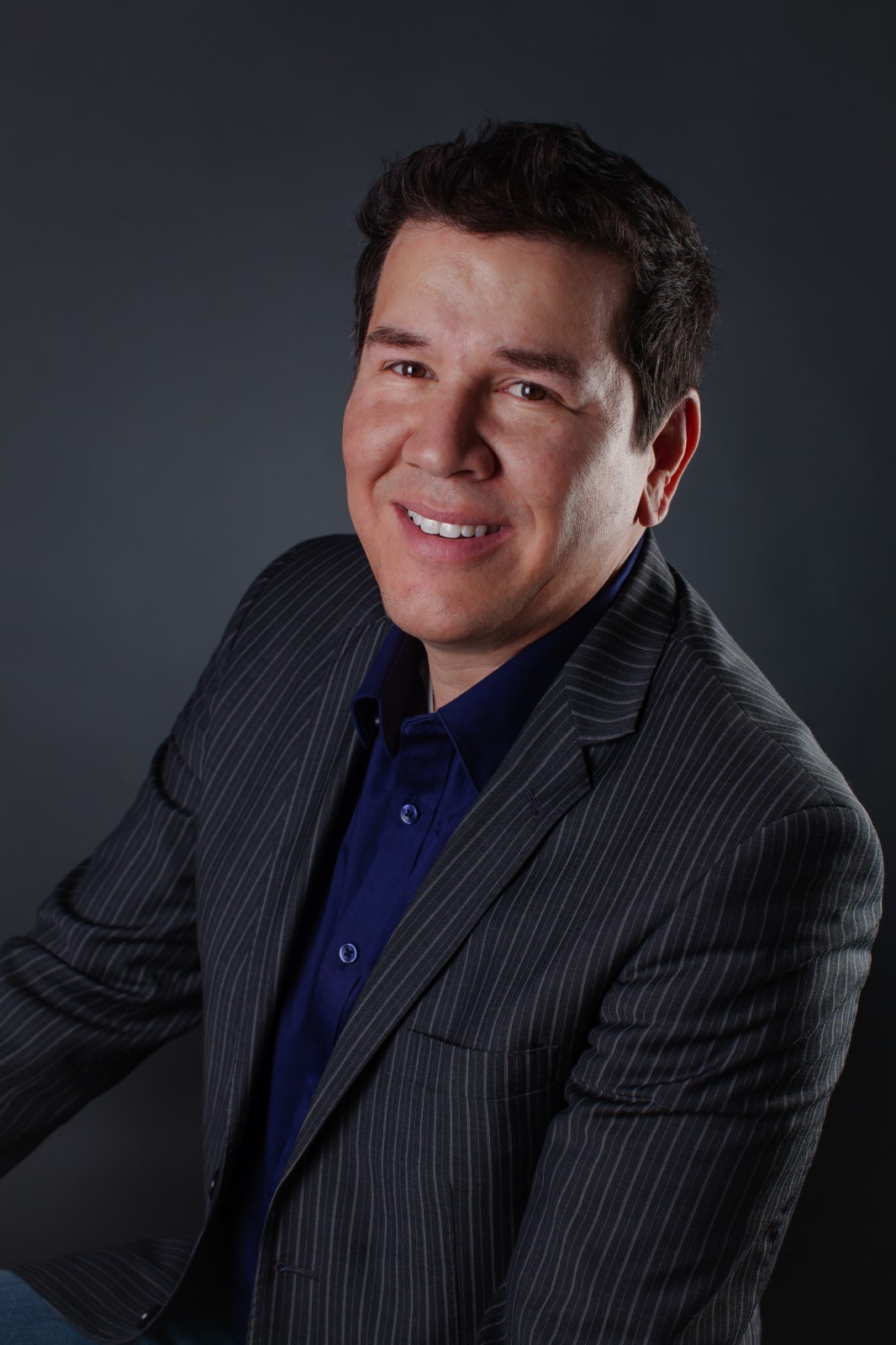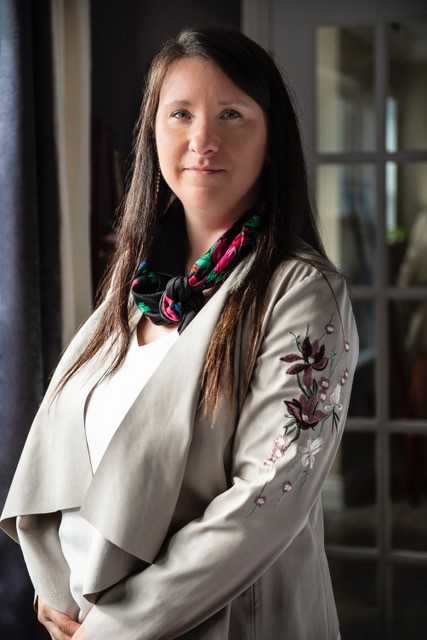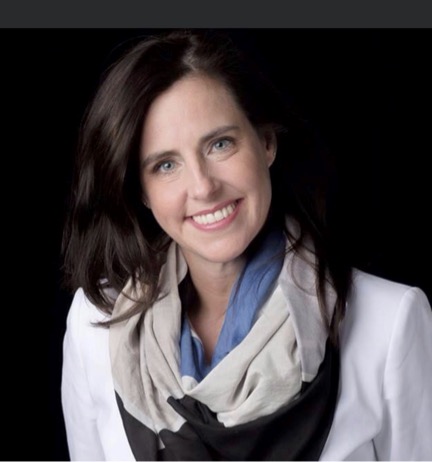Mr. Troy Jerome is a citizen of the Mi’gmaq Nation, residing in Listuguj, Quebec. Mr. Jerome has dedicated much of his career to serving the Mi’gmaq Nation with a strong belief in the inherent right of self-government and permanent sovereignty over its lands and resources.
Beginning in 2004, Mr. Jerome began to closely follow the development of the wind energy industry in Gespe’gewa’gi. Seeing that Quebec was moving to install over 40% of its 4,000 MW of wind energy projects ($4.0 billion investment) on his people’s territory, he lobbied Chiefs and Councils to demand that the Quebec National Assembly discuss energy projects with the Mi’gmaq on a nation-to-nation basis.
After discussions with the Chiefs regarding natural resources, property rights and nation-building strategies, including a plan to promote a major wind energy project for the Mi’gmaq, Mr. Jerome was invited to serve as Executive Director and Nutewistoq of the Mi’gmaq of Gespe’gewa’gi political lobbying office, the Mi’gmawei Mawiomi Secretariat (MMS). This initiative was deemed a success when the 150 MW wind farm became operational in December 2016 – this Mi’gmaq wind farm continues to provide electricity to 30,000 homes.
After completing his tenure with MMS, Mr. Jerome created SEN’TI Environmental and Indigenous Services and then SEN’TI Innovations. Mr. Jerome continues to promote a future in which renewable energy and clean technologies become mainstream.
SEN’TI is currently working on the construction and operation of a first in North America. In fact, it will be the first small-scale commercial green ammonia plant in the world.
SEN’TI will synthesize green ammonia in Gaspésie using renewable energy from wind farms and hydroelectric dams and will supply green ammonia as a de-noxification agent to reduce emissions from cement manufacturing.
SEN’TI sees a future where Quebec and the Maritime Provinces synthesize green ammonia as a safe, carbon-free alternative to diesel – as a clean fuel for heavy equipment and boats and as a large-scale battery for northern communities.
Mr. Jerome is also co-chair and mentor of the Aboriginal Clean Energy Social Enterprise, which aims to help Aboriginal communities become energy independent and to help Aboriginal nations move Canada away from fossil fuels and towards clean, renewable technologies.



